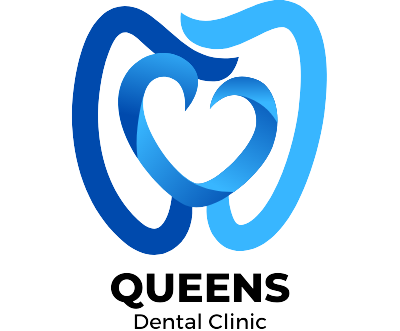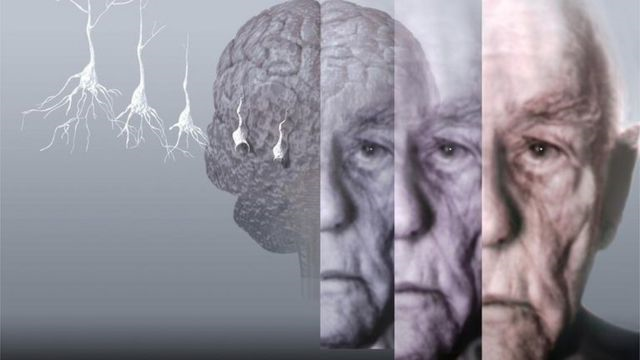Memory is a fundamental aspect of human cognition, allowing us to store and retrieve information essential for daily functioning. However, for some individuals, memory disorders can disrupt this vital process, leading to difficulties in remembering and recalling information. In this article, we will explore the various aspects of memory disorders, including their types, symptoms, and causes. We will also delve into the methods used to diagnose these disorders, including screening tests and assessment methods. Finally, we will explore the treatment approaches available for memory disorders, including medications, therapies, and lifestyle changes. By shedding light on these crucial topics, we hope to provide a comprehensive understanding of memory disorders and guide individuals towards effective management strategies.
1. "Understanding Memory Disorders: Types, Symptoms, and Causes"
Memory disorders can have a significant impact on a person’s daily life, affecting their ability to remember and recall information. These disorders can range from mild cognitive impairment to severe cases of dementia. Understanding the different types, symptoms, and causes of memory disorders is crucial for proper diagnosis and treatment.
One of the most common memory disorders is Alzheimer’s disease, which accounts for the majority of dementia cases. It is a progressive neurodegenerative disorder that affects memory, thinking, and behavior. Initially, individuals may experience mild memory loss, but as the disease progresses, it can lead to severe cognitive impairment and an inability to carry out daily activities.
Another type of memory disorder is vascular dementia, which results from reduced blood flow to the brain. This can be caused by strokes or other conditions that affect blood vessels in the brain. The symptoms of vascular dementia can vary depending on the areas of the brain affected, but common signs include difficulties with planning, problem-solving, and memory retrieval.
Other memory disorders include frontotemporal dementia, Lewy body dementia, and mild cognitive impairment. Frontotemporal dementia primarily affects the frontal and temporal lobes of the brain, leading to changes in personality, behavior, and language. Lewy body dementia is characterized by the presence of abnormal protein deposits in the brain, causing cognitive fluctuations, visual hallucinations, and movement problems. Mild cognitive impairment refers to a noticeable decline in cognitive function that is not severe enough to be classified as dementia but can progress to it.
The symptoms of memory disorders can vary depending on the specific condition and the stage of the disease. Common symptoms include forgetfulness, difficulty learning new information, confusion, disorientation
2. "Diagnosing Memory Disorders: Screening Tests and Assessment Methods"
Diagnosing Memory Disorders: Screening Tests and Assessment Methods
Recognizing and diagnosing memory disorders is crucial for providing proper treatment and care to individuals affected by these conditions. Memory disorders can significantly impact a person’s quality of life, so early detection and intervention are essential. Healthcare professionals employ various screening tests and assessment methods to evaluate memory function and determine the presence of memory disorders. Let’s delve into some of the common diagnostic tools used in the process.
1. Cognitive Screening Tests:
Cognitive screening tests are widely used to assess memory and other cognitive functions. These tests provide a quick evaluation of an individual’s cognitive abilities and can help identify potential memory impairments. One such widely used test is the Mini-Mental State Examination (MMSE), which assesses orientation, attention, memory, language, and visual-spatial abilities. Another commonly employed test is the Montreal Cognitive Assessment (MoCA), which focuses on different cognitive domains, including memory, attention, and executive function.
2. Neuropsychological Assessment:
Neuropsychological assessment involves a comprehensive evaluation of an individual’s cognitive abilities, including memory function. This assessment provides a more detailed analysis of memory impairments and helps in differentiating between various memory disorders. Neuropsychological tests evaluate memory, attention, language skills, problem-solving abilities, and visual-spatial skills. These assessments are usually conducted by neuropsychologists and often involve a combination of standardized tests, interviews, and observations.
3. Laboratory Tests:
In some cases, memory disorders may result from underlying medical conditions, such as hormonal imbalances, vitamin deficiencies, or infections. Laboratory tests, including blood tests, urine tests, and imaging techniques like magnetic
3. "Treatment Approaches for Memory Disorders: Medications, Therapies, and Lifestyle Changes"
Treatment Approaches for Memory Disorders: Medications, Therapies, and Lifestyle Changes
When it comes to addressing memory disorders, there are various treatment approaches available that can help manage symptoms and improve overall cognitive function. These approaches typically involve a combination of medications, therapies, and lifestyle changes tailored to the specific needs of the individual.
Medications play a crucial role in the treatment of memory disorders, especially in cases where the condition is caused by underlying medical conditions such as Alzheimer’s disease or vascular dementia. Cholinesterase inhibitors, such as donepezil, rivastigmine, and galantamine, are commonly prescribed to boost the levels of neurotransmitters in the brain, thus improving memory and cognitive abilities. Another medication, memantine, is often used in combination with cholinesterase inhibitors to regulate glutamate levels and slow down cognitive decline.
In addition to medications, therapy is an essential part of managing memory disorders. Cognitive stimulation therapy (CST) is a widely used approach that involves engaging individuals in activities designed to enhance cognitive abilities, memory, and social interaction. This therapy focuses on providing mental stimulation through various exercises, discussions, and puzzles, with the aim of maintaining and improving cognitive function.
Another therapeutic approach is reminiscence therapy, which involves encouraging individuals to recall and share past experiences and memories. This therapy not only helps stimulate memory but also provides emotional support and improves overall well-being. Additionally, cognitive rehabilitation therapy focuses on teaching individuals coping strategies and techniques to manage memory loss and improve their daily functioning.
Besides medications and therapies, lifestyle changes can significantly contribute to the management of memory disorders. Engaging in regular physical exercise has been shown



